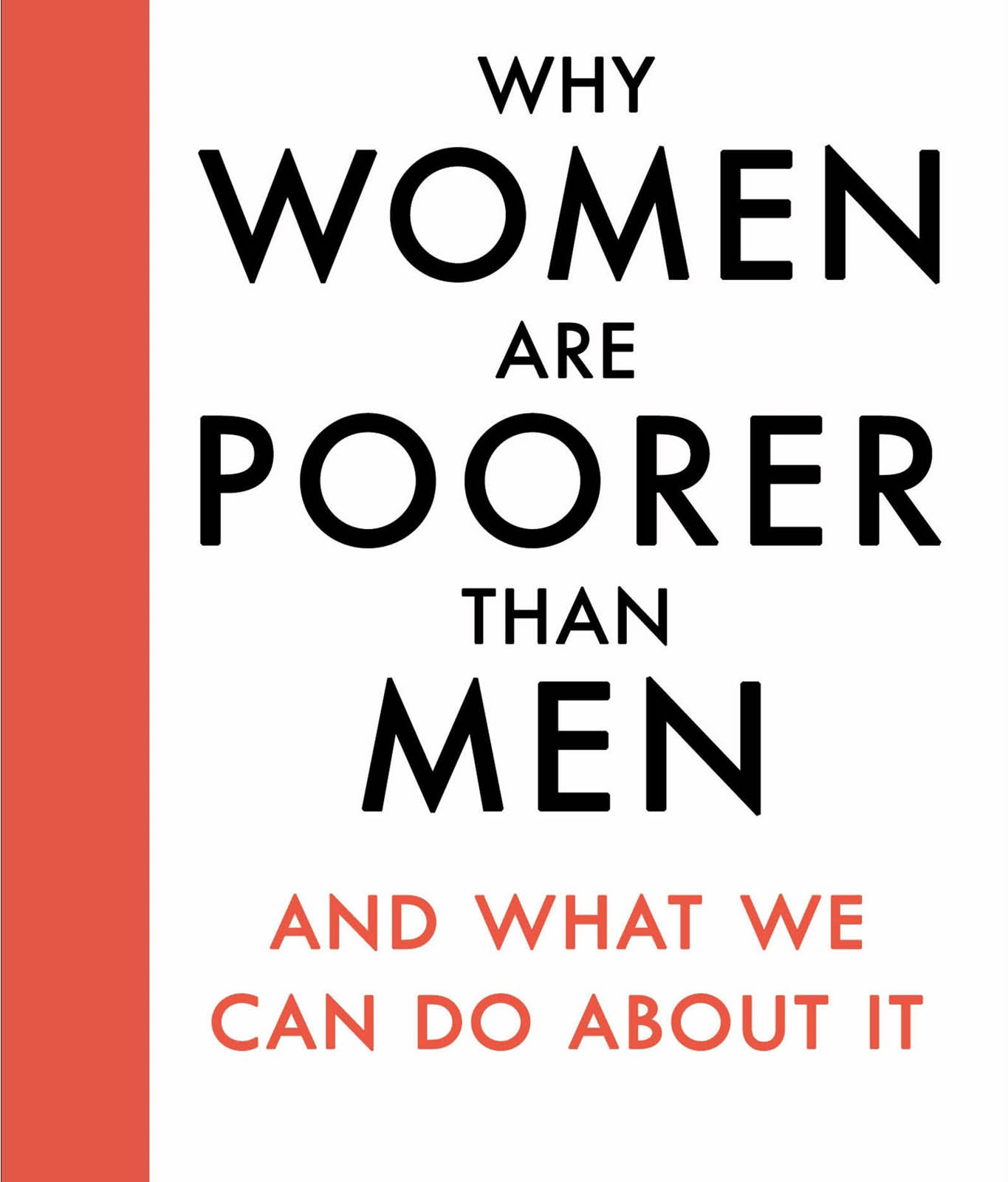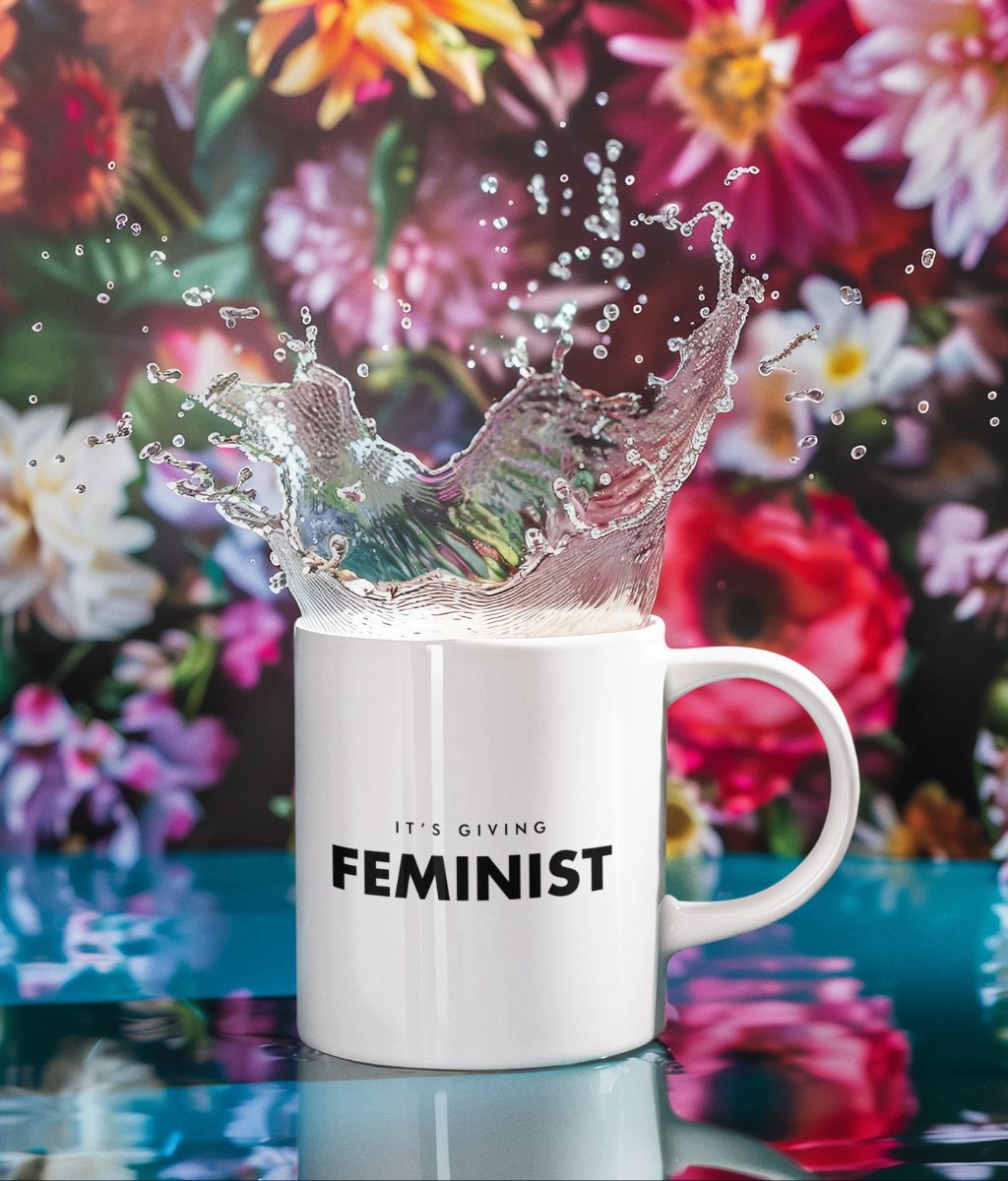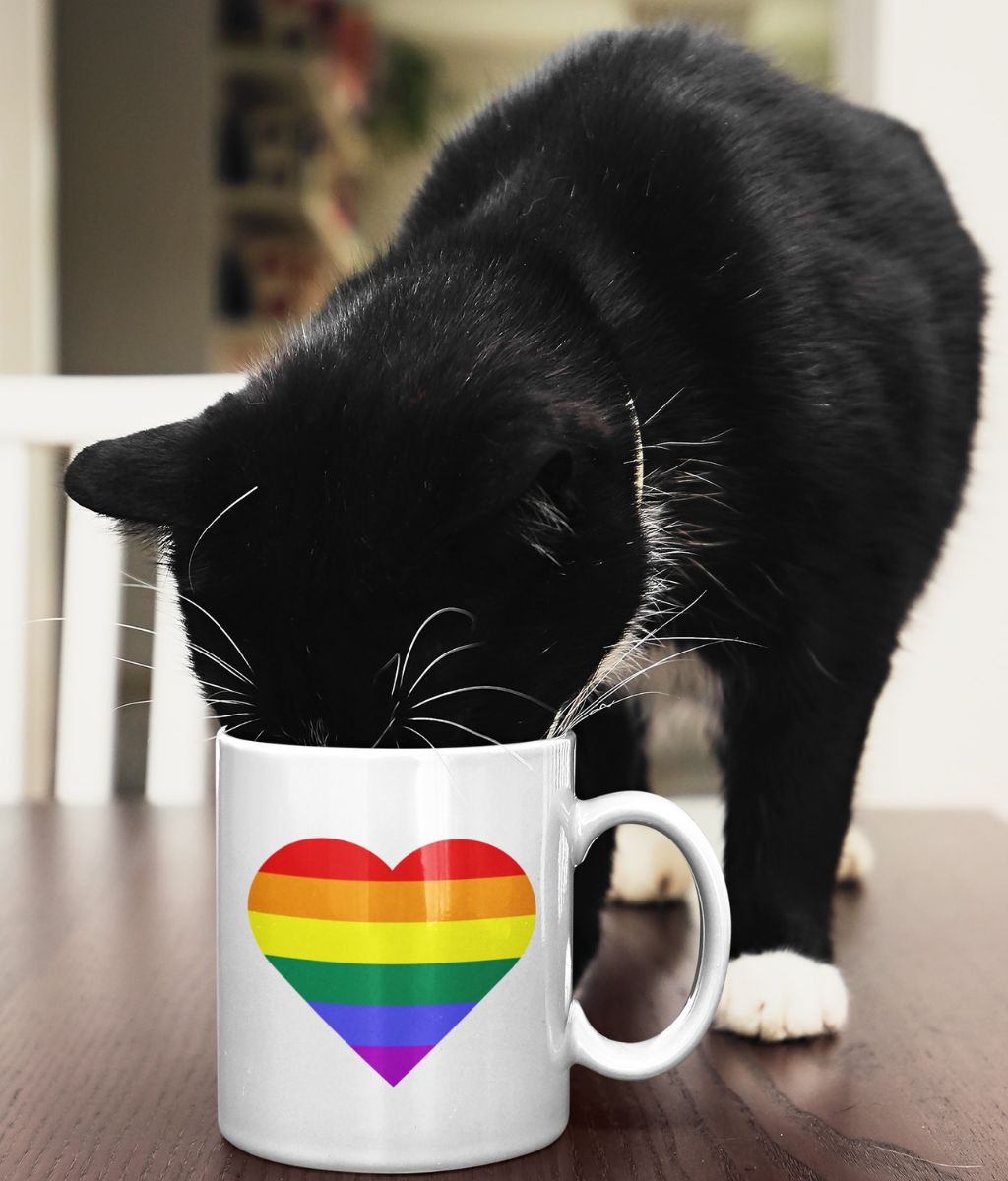
Feel empowered with finances and discover the route to economic equality in this astonishing dissection of the gender wealth gap'
EVERY WOMAN MUST READ THIS BOOK' 5***** Reader Review'
THIS BOOK WILL OPEN YOUR EYES' 5***** Reader Review
'SHOCKING AND BRILLIANT' 5***** Reader Review
________
FINANCE IS A FEMINIST ISSUE. It's 2021. The modern world is still rigged unfairly in men's favour.
Exploring injustices from pensions to boardroom bullying, Annabelle Williams, former financial journalist for The Times, shows how society conspires to limit women's wealth. Awareness is the first step to making change, which is why we all need to understand why women are poorer than men and what exactly we can do about it. The time to act is now.
Become confident in saving, investing and building economic stability in this essential, eye-opening and game-changing expose of the gender wealth gap.
�________
Did you know . .
- Female entrepreneurs only receive 1p in every GBP1 of funding given to start-up businesses
- The NHS spends more on Viagra than helping single mother families eat healthily��
- Women are the majority of the elderly poor
- There are more men called Dave running the UK's top 100 companies than there are women altogether
- Women do 60% more unpaid work than men
Economies thrive when women do well, and only by understanding why women are poorer than men can we finally end this unfair disparity between the sexes. Why Women Are Poorer Than Men reveals how we got here and what all of us can do to fix it.
________
'It is refreshing to see Williams challenge well-worn sexist myths'�
�'Annabelle Williams uncovers the realities of money in the modern world, and what exactly we can do about the fact that women are poorer than men' Stylist
'Goes beyond talks of glass ceilings and gender pay gaps to a more nuanced look at the institutional oppression faced by women on a daily basis' Dazed



